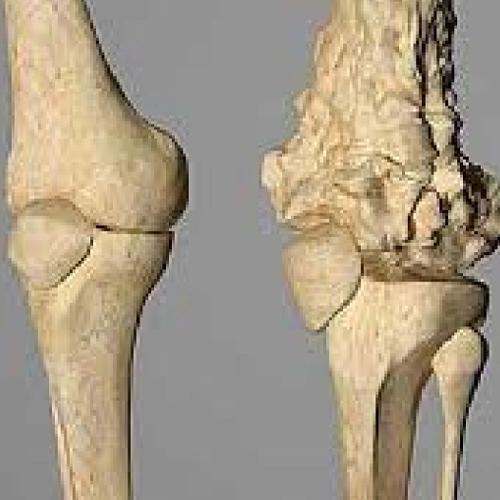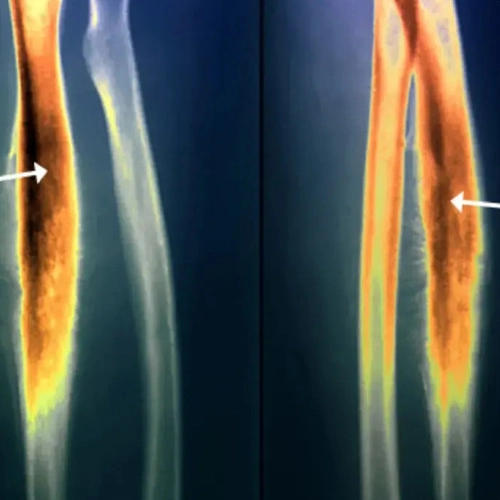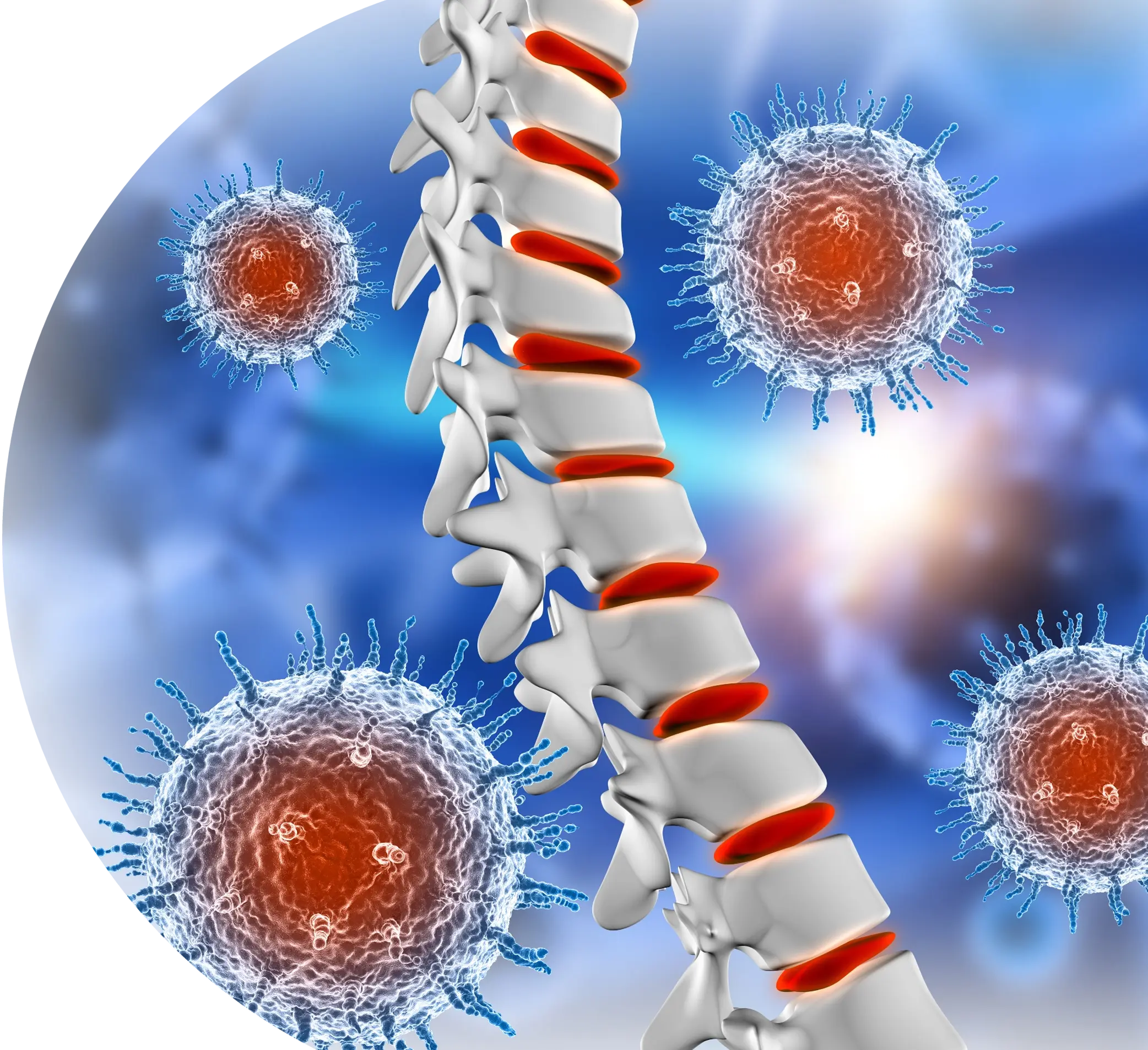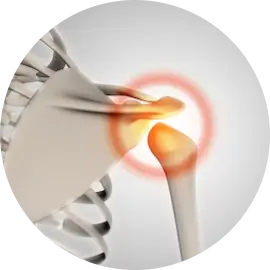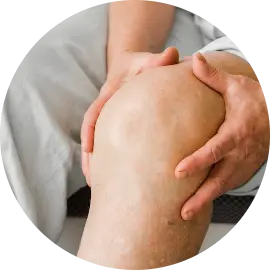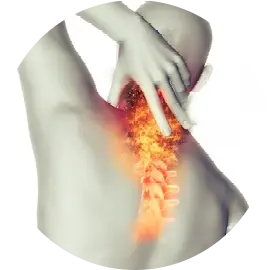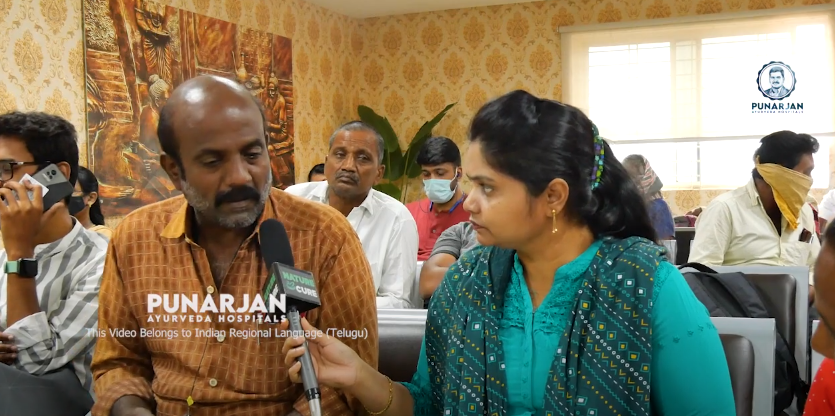Bone Cancer
Bone cancer is a rare but serious form of cancer that begins in the cells of the bones. It occurs when these cells grow uncontrollably, forming tumors that can be benign (non-cancerous) or malignant (cancerous). When bone cancer strikes, it has a profound impact on every aspect of life. Bones are the silent, sturdy scaffolding of our bodies. They provide structure, protect vital organs, and allow us to move and stand tall. Yet, when bone cancer infiltrates this foundational framework, it threatens not only our physical health but also our sense of self.
For those experiencing symptoms of bone cancer, the journey is marked by both physical and emotional struggles. Persistent bone pain becomes a constant companion, often intensifying during the night or any physical activity. Simple movements that once brought joy and ease may now provoke anguish, making the experience of bone cancer a relentless challenge.
Bone cancer’s impact extends to and beyond everyday life. The simplest of tasks, from getting out of bed to preparing a meal, become arduous. Mobility is compromised, and individuals may find themselves relying on assistive devices or the support of loved ones.
The emotional toll of bone cancer is equally substantial. The uncertainty of the disease’s course, coupled with the distressing symptoms, can lead to anxiety and depression. Coping with these emotions becomes an integral part of the journey.
A timely diagnosis is paramount in the management of bone cancer. The earlier the disease is identified, the greater the chance of successful treatment and the preservation of limb functionality. It emphasizes the importance of regular health check-ups and vigilance toward any persistent bone pain or discomfort.
The path to healing involves a multidisciplinary approach. While surgery, chemotherapy, and radiation therapy are used to remove the tumor and surrounding cancer cells, Ayurvedic therapies like Rasayana therapy can be quite effective.
